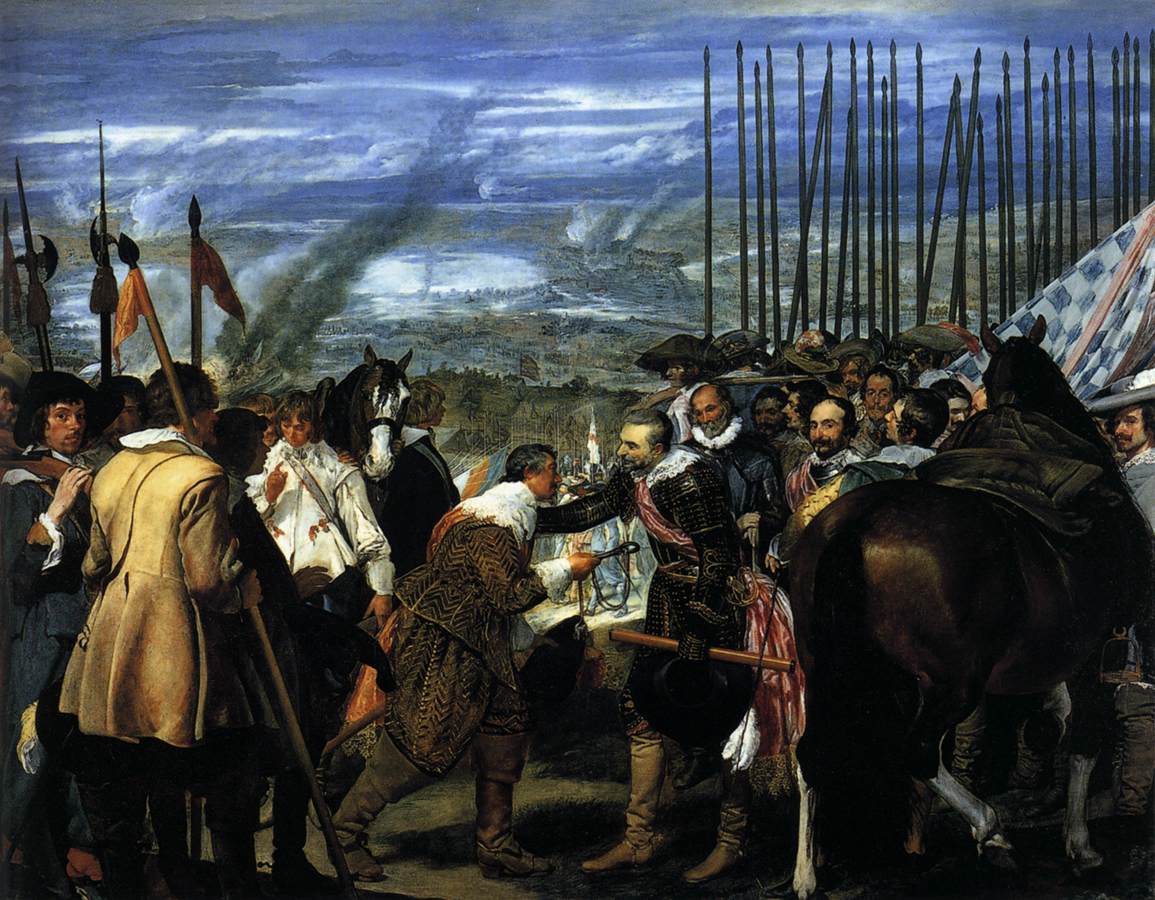There is a great deal of questioning now of the value of the humanities, those aptly named disciplines that make us consider what human beings have been, and are, and will be. Sometimes I think they should be renamed Big Data. These catastrophic wars that afflict so much of the world now surely bear more resemblance to the Hundred Years’ War or the Thirty Years’ War or the wars of Napoleon or World War I than they do to any expectations we have had about how history would unfold in the modern period, otherwise known as those few decades we call the postwar….
If the rise of humanism was a sunrise, then in this present time we are seeing an eclipse. I take it to be a merely transient gloom, because the work of those old scholars and translators and printers, the poets and philosophers they recovered and the poets and philosophers who came after them, the habit of literacy and the profound interest in the actual world and the present time, have all taken hold, more profoundly than we know. We have not lost them. We have only forgotten what they mean. We have forgotten to understand them for what they are, a spectacular demonstration of the capacities of the human mind, always renewed in our own experience, igniting possibilities no one could have foreseen. Tocqueville may be no more than conventional in speaking of them as “gifts which heaven shares out by chance.”…
I have had students tell me that they had never heard the word “beautiful” applied to a piece of prose until they came to us at the workshop. Literature had been made a kind of data to illustrate, supposedly, some graceless theory that stood apart from it, and that would be shed in a year or two and replaced by something post- or neo- and in any case as gracelessly irrelevant to a work of language as whatever it displaced. I think this phenomenon is an effect of the utilitarian hostility to the humanities and to art, an attempt to repackage them, to give them some appearance of respectability.






As someone who has long been engaged in the defense of the humanities, I appreciated Marilynne Robinson’s eloquent article “What are we doing here?” in the November 9 issue and look forward to the publication of her book. Her warning about universities pressured to produce skilled laborers at the expense of thoughtful and aesthetically aware human beings is certainly on target. Nevertheless, I feel that she neglected or misconstrued certain important issues.
Her essay seems to be infused with a nostalgia for the teaching of “great books.” In the past few decades, however, we have come too far to make such a simple return. The “canon wars” that raged in the nineties were never really resolved, but the questions they raised have to be addressed by anyone who teaches the humanities. While I agree with Robinson that teaching texts by women, people of color, or immigrants as “sociological data” rather than as art is antithetical to humanistic inquiry, such texts would not even be available in classrooms had we remained with “great books” and not struggled to make humanities courses more inclusive. For similar reasons, teachers of “world literature” have opened the Western canon to texts from the rest of the world, but the problems posed by the expansion are far from resolved. What percentage of the curriculum should be devoted to literature outside Europe or North America? There is, of course, no one answer to this question, but it needs to be continuously addressed. Humanistic teaching of any text should be grounded in history—including the gender, ethnicity, language and nationality of the author—as a prerequisite to philosophical and aesthetic contemplation.
The “great books” approach tends to neglect the importance of foreign languages in the teaching of the humanities. University language teachers have also been under pressure to produce students with practical skills rather than students who think. Surely, it is more important to learn Spanish in order to supervise agricultural workers than to read Don Quixote? Teaching all of “world literature” in English translation often obscures the aesthetic, cognitive, and historical value of encountering a text in its original language. Obviously, students cannot read everything in the original, but there are ways of making them aware of language and the problems, as well as the importance, of translation.
Those of us who believe that the humanities are “good for” something deeply important need to work together to counter the utilitarian trend while continuing to air our differences and to remain in dialogue.